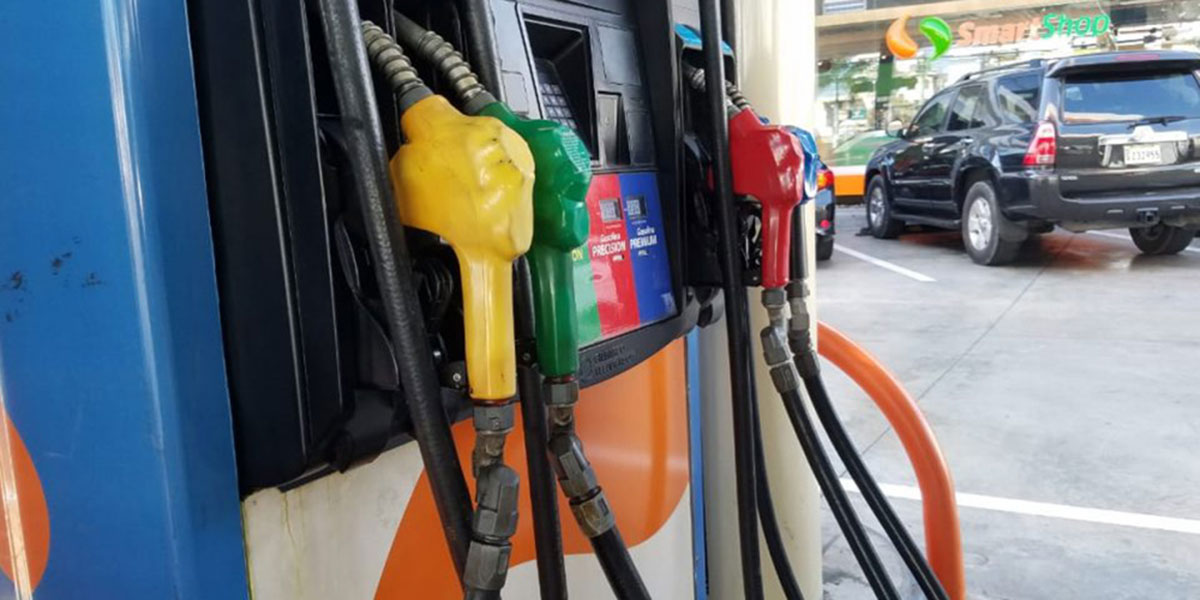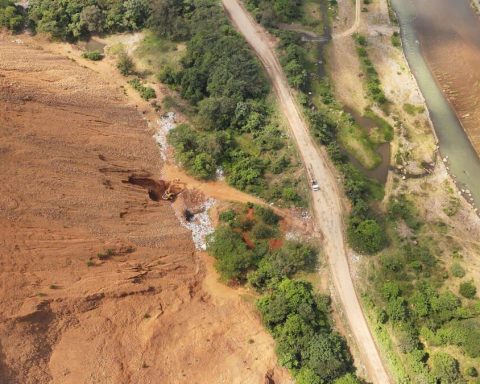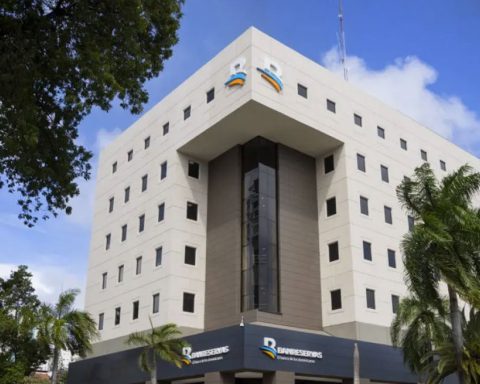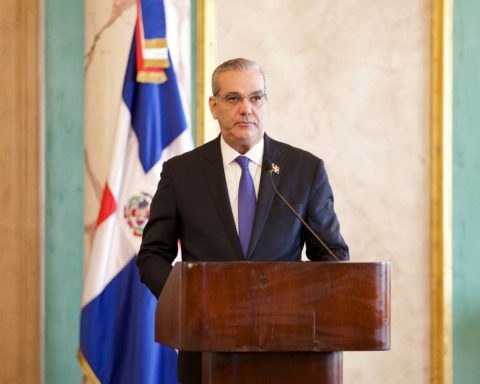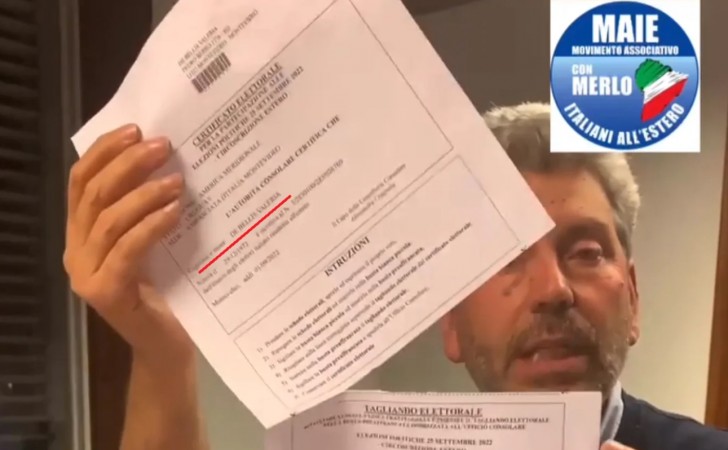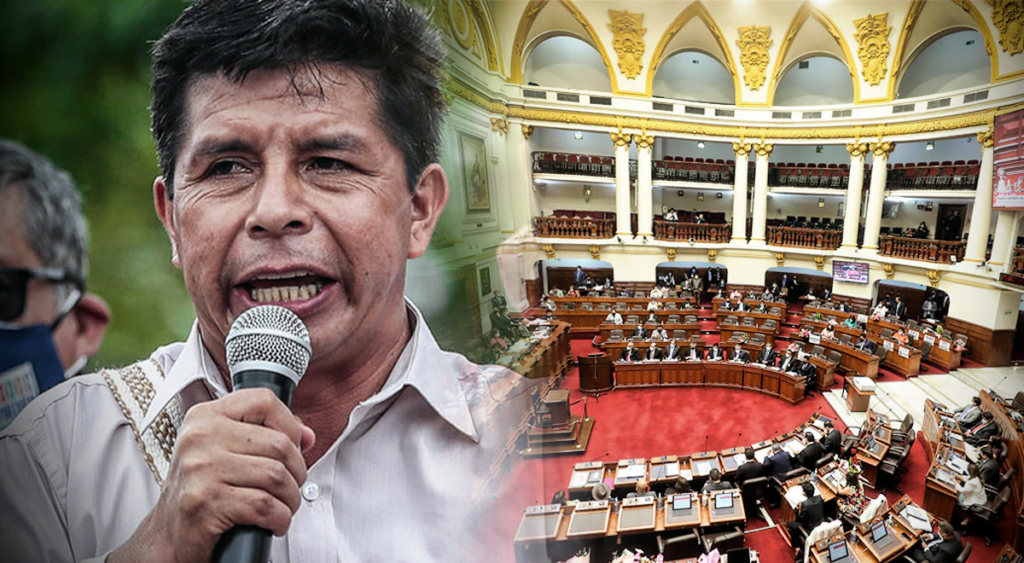Since the Government announced that it would grant a fuel subsidy – last March – provided that the reference oil is quoted between 85 and 115 dollars a barrel, it has charged a total of RD$28,879 million.
The most recent individual amount is 120 million and will cover the section between this September 24 and the 30th.
This 120 million pesos is one of the smallest amounts, when compared to what is provided each week for the aforementioned chapter, since the beginning of the measure.
The amounts have been decreasing since July 9, when a total of RD$1,080 million was made available to keep fuel prices unchanged.
For the week of July 16 to 23, the Government provided a subsidy of RD$900 million and for the week of July 23 to 30 it was reduced to 660 million.
Then, between July 30 and August 6, the subsidy was 550 million pesos and for the week of August 6 to 3, it was reduced to 450 million pesos.
In the week of August 13 to 20, it lowered it to 198.4 million and the one between August 20 and 26 had 300 million.
From September 3 to 9 they were 460 million; from September 10 to 16, it was 221 million, and for the week of September 17 to 23, no information was offered on the amount available.
The Vice Minister of Internal Commerce, of the Ministry of Industry and Commerce, Ramón Pérez Fermín, reported yesterday that stopping fuel subsidies would have meant an increase.
“For this reason, the government has decided to maintain an extraordinary subsidy of RD$120 million and keep the price of all fuels unchanged for the week of September 24 to Friday, September 30 of this year,” he stated.
The WTI average has fallen to US$84.67, prices similar to those at the beginning of the year when the Dominican government announced the implementation of subsidies to combat increases.
“Much has been said that fuels in the Dominican Republic should go down because the reference price of oil, the WTI, has done so. In fact, letting the market flow would have meant that this Saturday premium gasoline should increase by 3.28 pesos per gallon,” said the official.
Leaving the market without a subsidy would have meant that regular gasoline would rise 6.46 pesos,” he warned.
He calculated that “freeing the market from the subsidy would have meant a rise for regular and optimum diesel of 45 pesos per gallon each.”
Oil suffers deep fall; closes at 80 dollars
The price of Texas Intermediate Oil (WTI) closed yesterday with a deep drop of 5.7% and stood at 78.74 dollars, below 80 dollars a barrel for the first time since January.
At the end of operations on the New York Mercantile Exchange (Nymex), WTI futures contracts for delivery in November subtracted 4.75 dollars from the previous close.
Investors are worried about the threat of a global recession.
